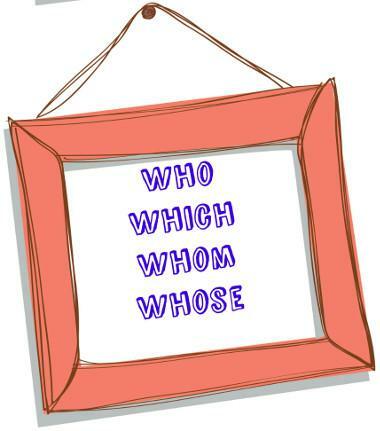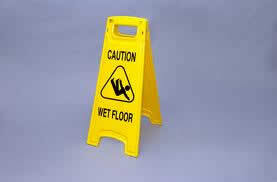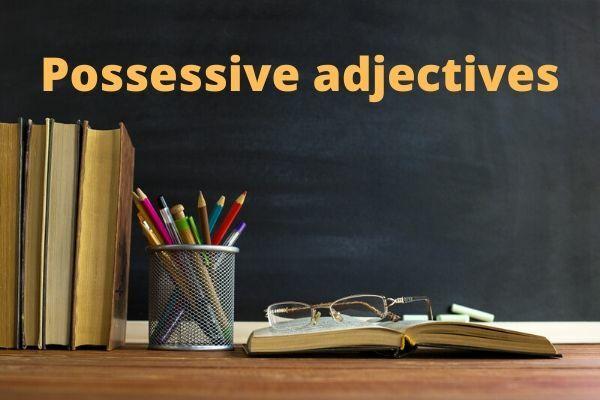Relative Clauses /Relative Prayers
Relative clauses are made like the adverbial clauses, so, with an independent and a dependent clause. But they have some differences, the mainly is that we use it to modify a noun. When we use the relative clause we want to know more information about the noun./ Relative clauses are constructed like adverbials, that is, with an independent and a dependent clause. However, they have some differences, the main one being that we use them to modify the noun. When we use the relative clause, we want to get more information about the noun.
We use the relative pronouns to compose the relative clauses. They are placed after the noun they are modifying. look some examples of relative pronouns: / Relative pronouns are used to compose relative clauses. They are placed after the noun they are modifying. See some examples of relative pronouns:

Who = Who/What, Which = Which, Whom = With whom, Whose = Whose
Look some examples of relative clauses: / See some examples of relative prayers:
a) The girl who is standing there is my sister. / The girl standing there is my sister.
b) Jane Austen, who was a famous writer, didn't married. / Jane Austen, who was a famous writer, did not marry.
Do not stop now... There's more after the advertising ;)
c) I read the book whichis on my room. / I read the book which is in my room.
d) I visited the library which you told me about. / I visited the bookstore you told me about.
e) There are days when I feel so happy! / There are days when I feel so happy!
In the relative clause the dependent clause can keep apart the independent clause, the only thing that has to happen, however, is that the dependent clause has to go after the noun. / In relative clause, the dependent clause can be separated from the independent clause, but the independent clause must come after the noun.
Examples: / Examples:
The dependent clause is in green, the independent clause is inblue and the noun is underlined./ The dependent clause is in green, the independent clause is in blue, and the noun is underlined.
The bookstore is aplacewhere can you buy books./ A bookstore is a place where you can buy books.
violawhat's upproblemthat must be solved. / Violence is a problem that needs to be resolved.
THEpersiannowho lives alonemust be a sad person./ One person who lives alone must be sad.
By Janaína Mourão
Graduated in Letters - English
Would you like to reference this text in a school or academic work? Look:
MOURãO, Janaína Pereira. "Relative Clauses"; Brazil School. Available in: https://brasilescola.uol.com.br/ingles/relative-clauses.htm. Accessed on June 27, 2021.



